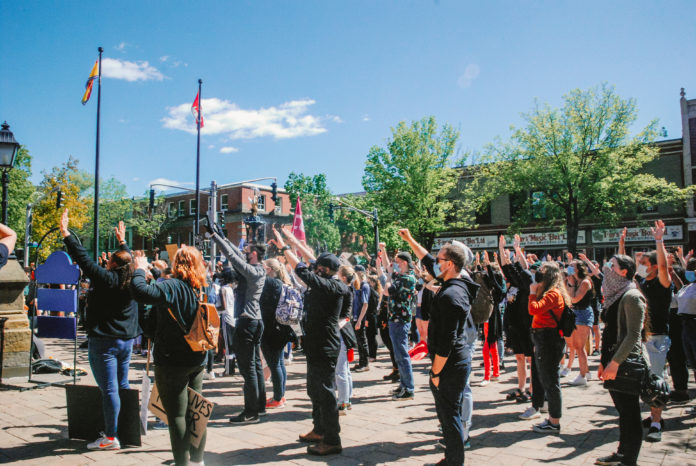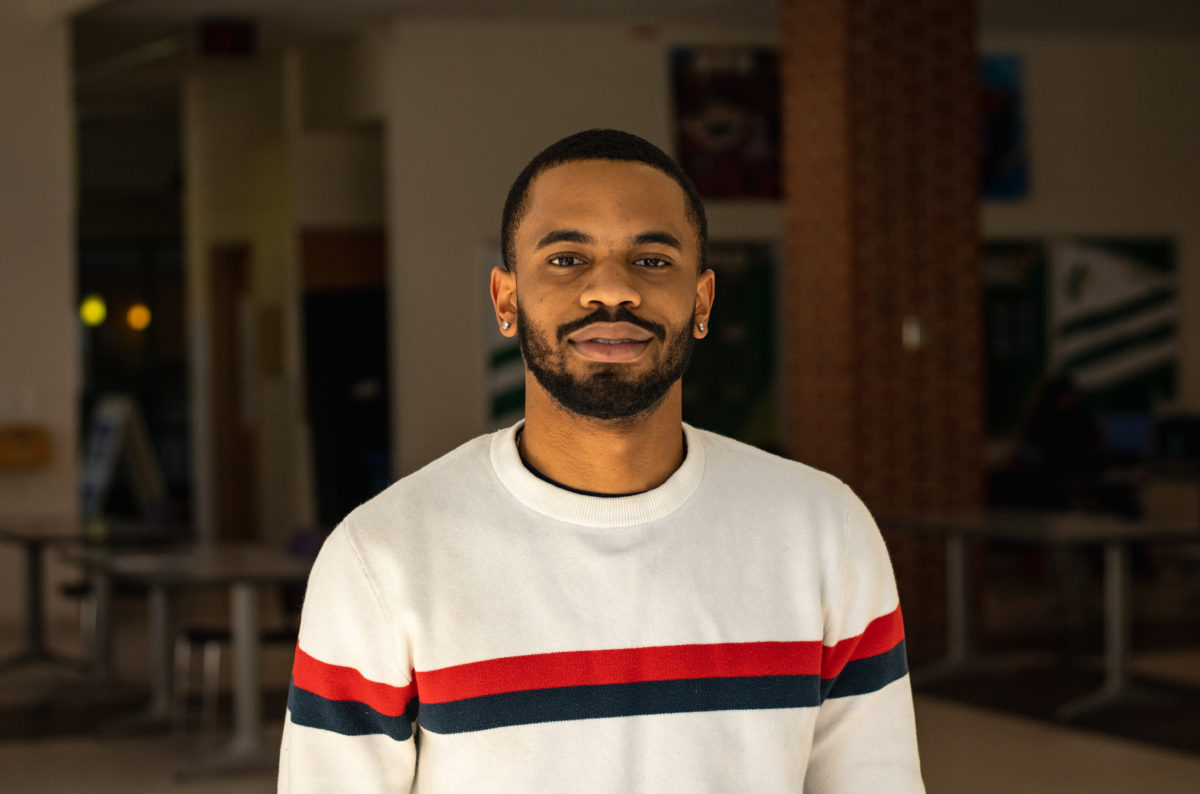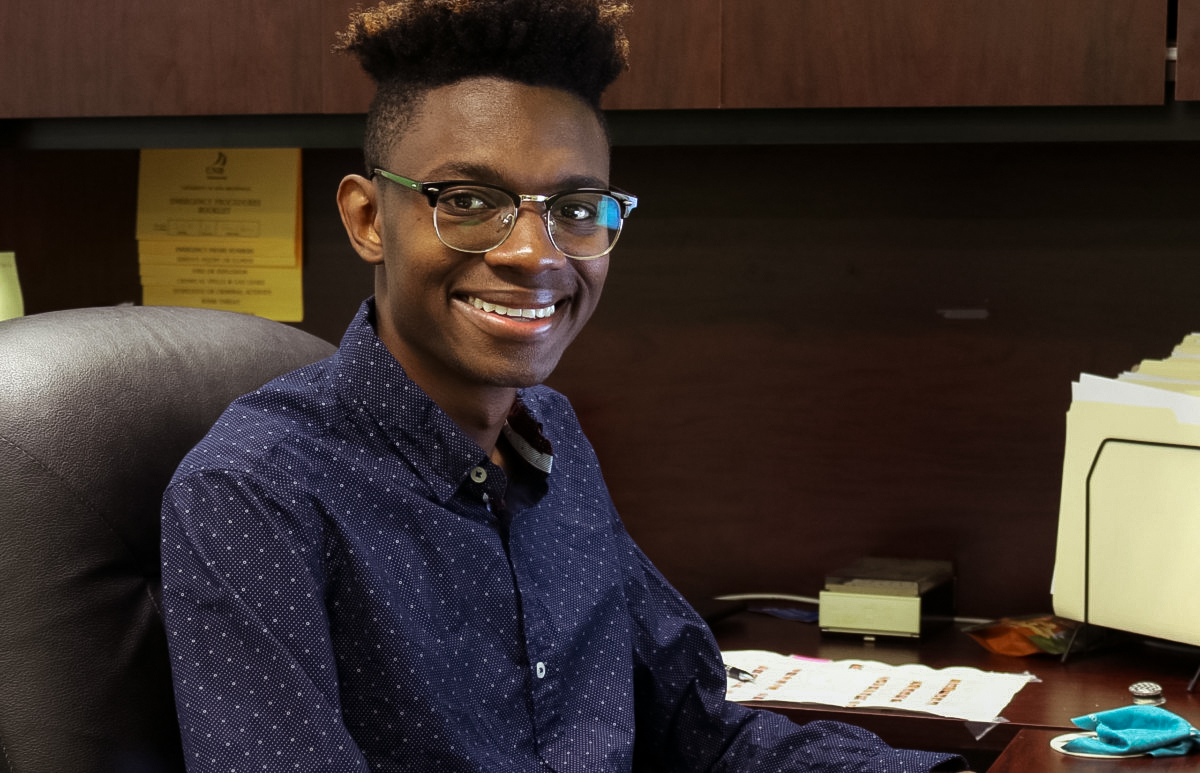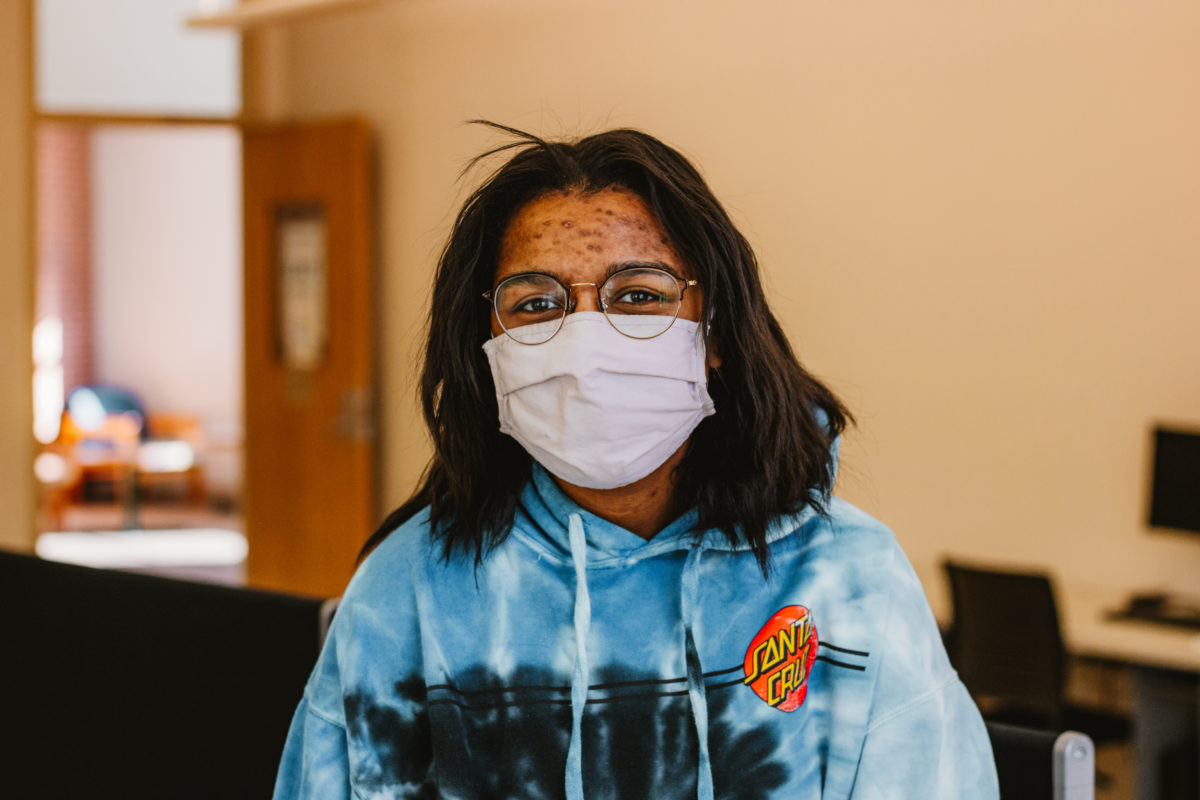
The Black Lives Matter movement was nominated for the 2021 Nobel Peace Prize after a year of peaceful protests, activists speaking out and people coming together globally to speak up against racial discrimination.
David Eno, a fourth-year international student at St. Thomas University and a member of STU’s Black Student Association, said Black Lives Matter is for people like him to have a voice. The movement unites and sheds light on a common struggle.
“What Black Lives Matter has done is it has helped to expose the [systemic] and institutional constraints that [the United States] puts on its people and how it’s oppressing them. I think that’s why they are nominated for this Nobel Peace Prize,” said Eno.

People were furious after the acquittal in the man who shot 17-year-old Trayvon Martin. Black Lives Matter was co-founded by Alicia Garza, Patrisse Cullors and Opal Tometi to support and bring justice to Martin and his family in 2013. The movement has since developed over time and gained international attention after the deaths of George Floyd and Breonna Taylor last year.
Mar Sedji, a fourth-year STU student, said Black Lives Matter changed in 2020 because it reached a peak of being recognized. It’s an organization that is respected and people can look at it for guidance.
“A lot of people think BLM is Black versus white, but it’s not anyone versus anyone. It’s just an educational opportunity for all of us. It embodies what the Nobel Peace Prize wants to do by exposing certain areas in our world that need mass attention and need work,” said Sedji.

Husoni Raymond, former St. Thomas University Students’ Union president and organizer for Black Lives Matter Fredericton, said the Black Lives Matter movement has a goal to bring peace by standing up for all.
“Without true justice, where everyone’s rights are respected and people are treated equitably regardless of their background, there will never be peace,” he said via Facebook Messenger.
Sedji said she feels this movement helped people become more educated on Black culture and aware of their history. She no longer feels like the odd one out.

Sedji said she thinks Black Lives Matter will see continual growth. She hopes one day society will have the level of systemic change that is being fought for and that Black Lives Matter is a teaching resource into every structure of the system.
“Being a minority, you often find yourself in a situation where you feel like you can’t relate to anyone. People would say racist things without even knowing or thinking. But we are now being seen and heard,” she said.
